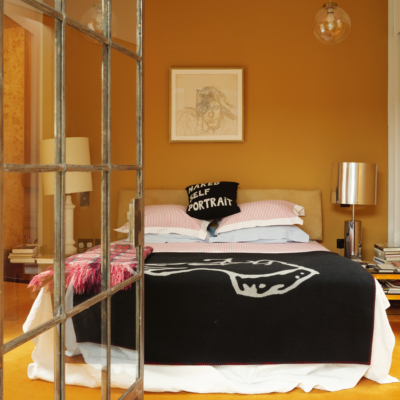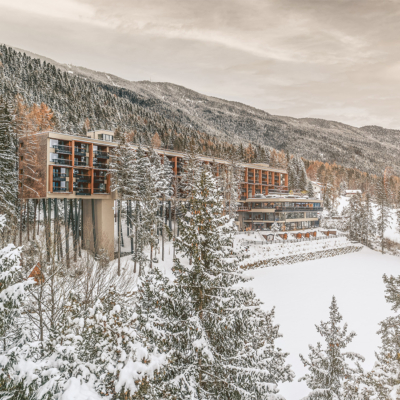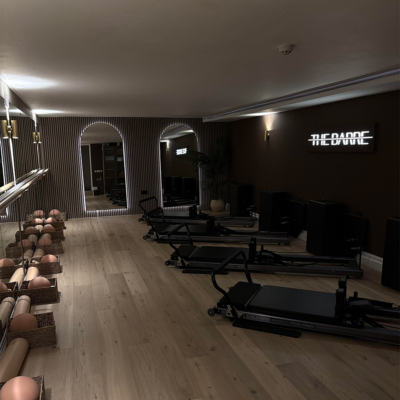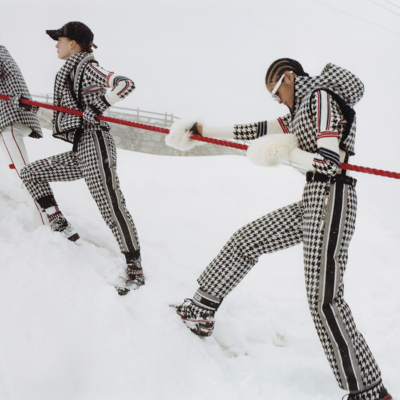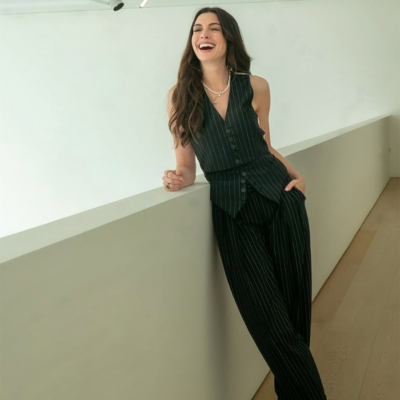Dr Anne* is a junior doctor working on COVID call in a Dublin Hospital. She was coming to the end of a two-year training scheme and due to change posts when the crisis brought her from her day job in Neurology into the COVID Emergency Department. She told Maggie Armstrong about a typical day …
When did you first hear about the Coronavirus and Covid-19? I first heard of COVID 19 in early January when the stories from Wuhan were coming through the news. I was shocked at how rapidly the virus was spreading. I think we all knew when it hit Italy that it was only a matter of short time before it would arrive on Irish shores. The hospital adapted its layout, its operation and its staff quickly and smoothly. Everyone has been flexible and supportive of each other – doctors, nurses, radiographers, health care assistants, porters, caterers, cleaners.
Do you remember the first patient you admitted with the virus? I do, very well. He was a man in his early 50s who had ‘never been sick a day in his life’. He was very short of breath. I could see the terror in his eyes. He said ‘what’s happening? I feel like I have been hit by a train. I just can’t catch my breath.’ Despite this terrifying experience he was so polite and trying to stay calm throughout our conversation. His swab came back positive. It was an awakening to me of how indiscriminate the virus can be. Luckily he was discharged a week later.
How has the Emergency Department (ED) in your hospital changed since the outbreak of COVID-19? There are now three COVID positive wards and two wards for suspected COVID cases – as well as options for further expansion of these wards and ICU facilities. Patients are assessed and either seen through the ‘normal’ ED or the COVID pathway. We have all needed to take extra shifts to cover both the COVID wards and the new COVID ED.
So your working day is longer than on a normal ED? Shifts are rostered as 12 hours but can end up being 13-14 hours. One week I did six days of call. I have four calls in the next six days, including three nights. At first there was a dramatic increase in the amount of call all the junior medical doctors were doing, but after a few weeks many doctors came home from abroad or from other non-clinical positions. This really lightened our load, we are all so grateful to them.
It sounds absolutely exhausting. The hospital is actually quieter, elective procedures are cancelled and outpatient clinics are virtual, and fewer non-COVID people are coming in, people want to avoid hospital. But we have a new structure, a virus to contain. Emotionally it’s more exhausting, there are more things to think about, yes, in that sense it can be more tiring and draining.
But you are still having to do your normal job in the emergency department. Yes it is important not to get totally blinkered by COVID 19. Other people are coming to hospital for all kinds of reasons. The environment is of course undeniably different. The COVID ED area is cramped and busy and can be an unsettling environment to work in.
With those long shifts how do you make sure you look after yourself? People are dropping in food all the time, I don’t know if you’ve heard [mentions a campaign providing meals to healthcare staff]. I cringe a little bit at that! We’re not heroes at all we’re just doing our job. I’m privileged to be able to get on my bike every morning and go to work, most people can’t. I think about older people cocooning, or people living with abusive partners in lockdown.
It would be naive of anyone to think they cannot get COVID.
What has struck you most about people who catch this virus? A lot of younger people don’t think they’re going to get it, they think they’re immune. They get it and then they see that they are vulnerable, they’re not invincible. They know from the reporting that it can kill and they wonder ‘am I going to become a statistic?’ Everyone has been so gracious, thanking us, saying, ‘you’re doing great work’. They are so polite and brave. I don’t know is it their vulnerability that makes them so brave.
What is the drill, when a COVID patient arrives in hospital? So if a patient has a cough, shortness of breath, fever or chills they come through the COVID pathway. They are then given a mask and placed in an isolation room or cubicle and assessed by a doctor. If they are deemed well enough they are sent home and swabbed in the community, but if they are very sick they are swabbed here and quickly sent up to a suspected COVID ward where they await the results before being transferred to a COVID positive ward or a general medical ward if their swab is negative.
How are the symptoms different from the seasonal influenza? Because there is no previous immunity in the community to COVID 19, symptoms can be more severe. For COVID-19, data to date suggest that 80 per cent of infections are mild or asymptomatic, 15 per cent have a severe infection, requiring oxygen, and 5 per cent are critical infections, requiring ventilation.
You are having phone consultations and wearing PPE (personal protective equipment). Is it strange? Absolutely, I find it challenging on a human and professional level to engage with a person when I am wearing full PPE and when they are wearing a face mask. It changes the rapport. On the COVID wards we conduct consultations by phone where possible. Only if a patient is too unwell or requires a physical examination or procedure we don PPE and go into the room.
Does it feel very hot and uncomfortable under the layers of protective wear? Yes – I wear a hair cover (that’s optional), goggles or a visor, a face mask, full gown, shoe covers and gloves. It does get hot, clammy and uncomfortable, particularly the face masks. It is not unusual to have to take break because you feel suffocated. All of us look forward to a nice long shower after our shifts.
Then removal is something of a palaver? It’s particularly important to remove PPE correctly – and washing your hands in between taking off each part. First take the gloves off, then wash your hands, then take the gown off shuffling out of it and rolling it inwards trying to avoid your hands touching the outside of the gown, then wash hands again, then remove face mask and visors by touching only the strings at the back, then wash hands again!
Being exposed every day, how worried are you about getting COVID-19? It would be naive of anyone to think they cannot get COVID. I am very aware of the possibility of getting the virus. All I can do is try to minimise my risk by donning and doffing PPE correctly, washing my hands and practicing social distancing. I also worry that I could be asymptomatic and pass it on. I chipped a tooth grinding my teeth in the middle of the night the other night, so maybe I’m more worried than I think!
Visiting for patients is restricted at the moment, even for people at the end of their lives. That has to be one of the saddest parts of this whole thing, not being able to hold your parent’s hand as they’re passing on. In a hospital the staff try their utmost to make the patient comfortable and I hope people can take reassurance from that. I hope the government organise a minute’s silence for all the people who have died from Covid-19 soon. I think there should be a memorial built remembering the people who have lost their lives when this has subsided.
Does your hospital have enough tools, supplies, ventilators to cope? One day I did have to put a shoe cover on my head as I couldn’t find a hair cover! But proper hair covers arrived from another ward later that day. In general it seems to be managing well.
Going back a few years, what made you want to become a doctor? Working with and on behalf of people, the lifelong learning, studying the human body and applying the science to help people and improve their quality of life.
Do you find you need longer to unwind these days? Probably. I think about the patients when I get home and how they and their families must be feeling. I wonder who out of the patients I have seen that day are going to have positive swab results.
It’s late April, and the recorded death toll has been less than predicted. We are seeing a flattening of the curve. There’s a feeling that the peak or the surge that was anticipated isn’t going to happen or has passed. In terms of a vaccine I think it will be 9-12 months at the earliest from what I have been reading.
Going home after work, what’s the first thing you do? Wash my hands! Then I give my daughter a hug if she’s still up or go peek at her asleep in her cot.
Can you share the best advice for someone who thinks they might have Covid-19? If you have symptoms like a fever, chills, dry cough or are short of breath, the first thing to do is to ring your GP – they may arrange a test in the community – and to self-isolate. That also means staying away from your family. Where possible, use a separate kitchen and bathroom. If your symptoms worsen, if you become very short of breath, come to the ED.
*Dr Anne is not her real name.
LOVETHEGLOSS.IE?
Sign up to our MAILING LIST now for a roundup of the latest fashion, beauty, interiors and entertaining news from THE GLOSS MAGAZINE’s daily dispatches.





